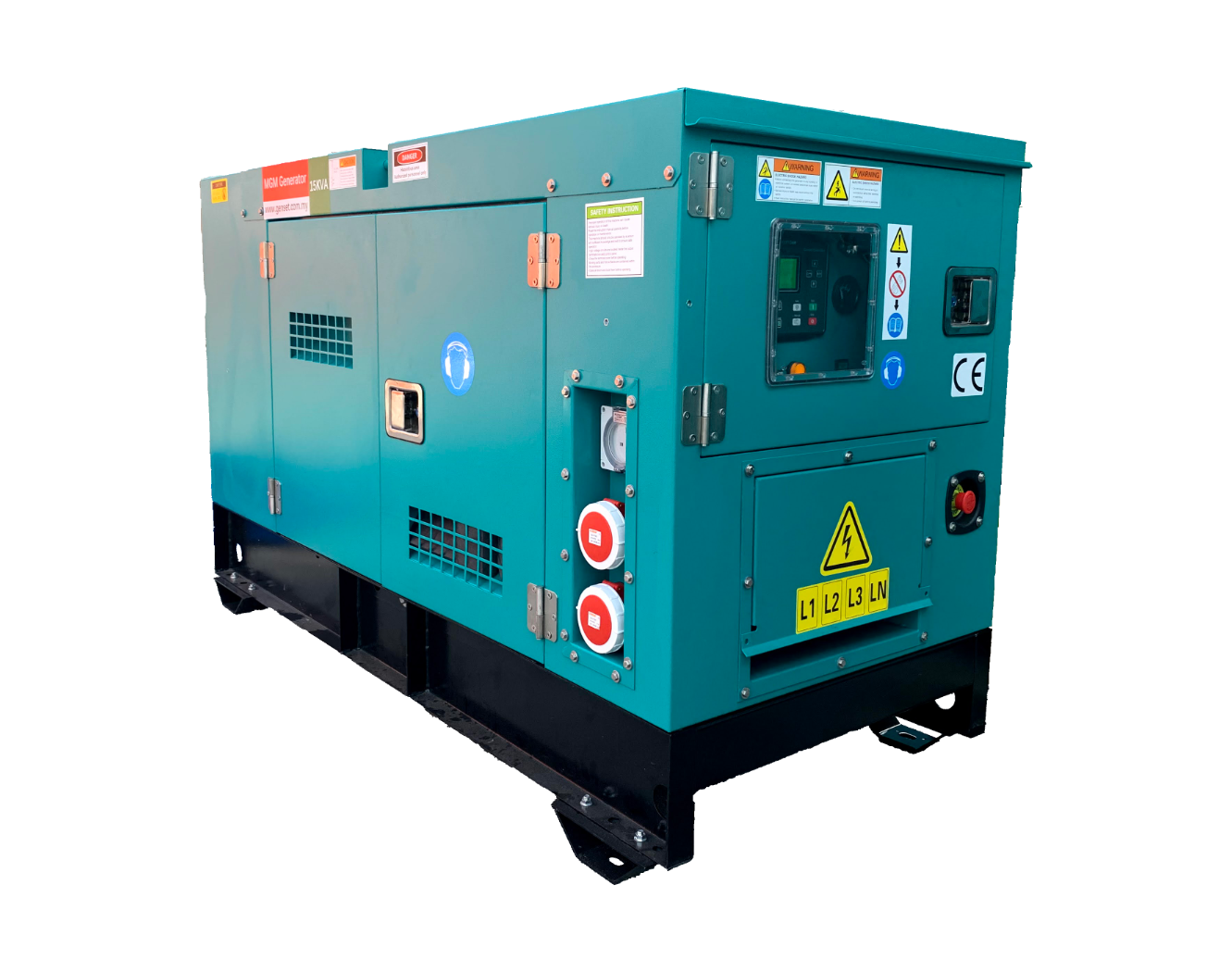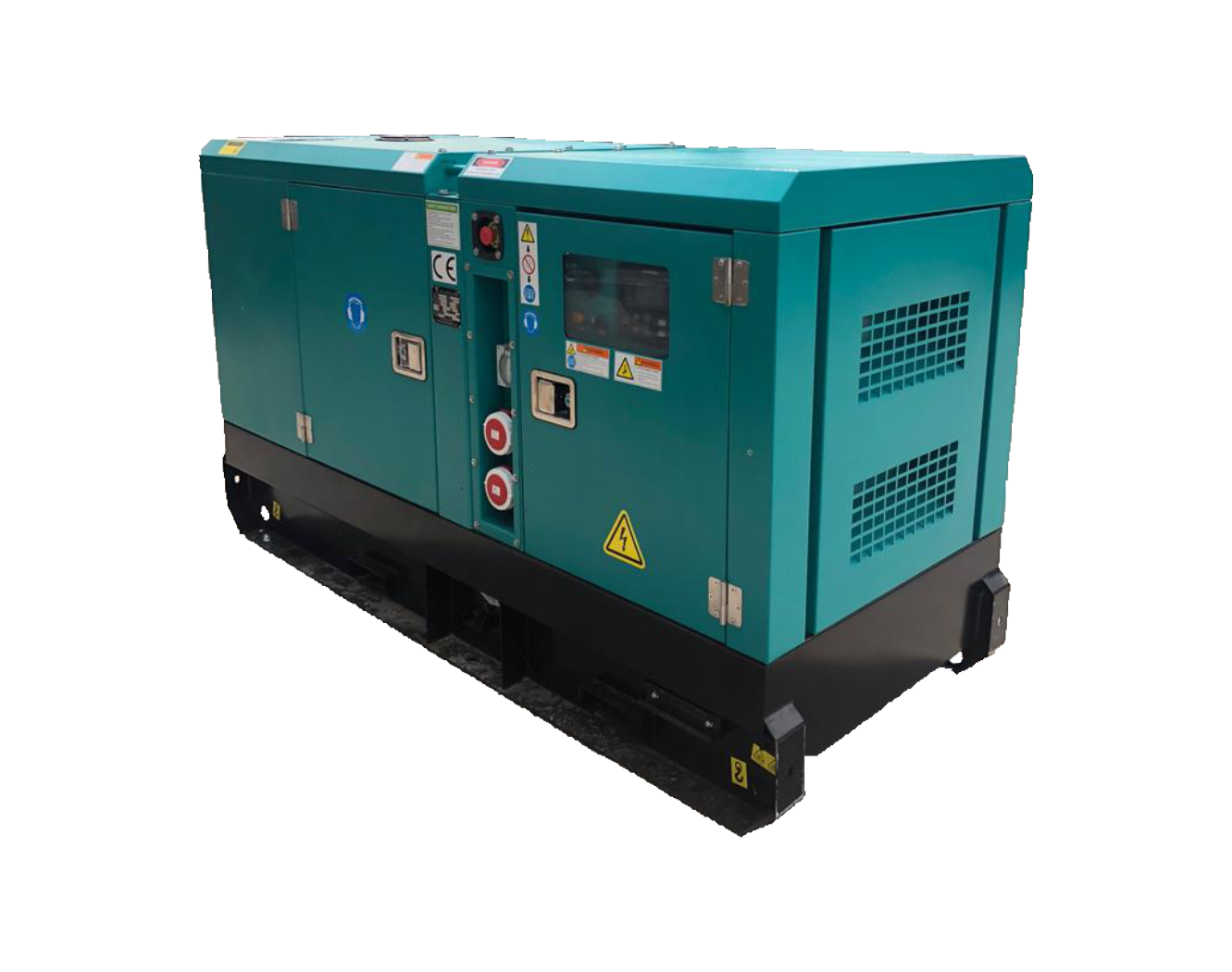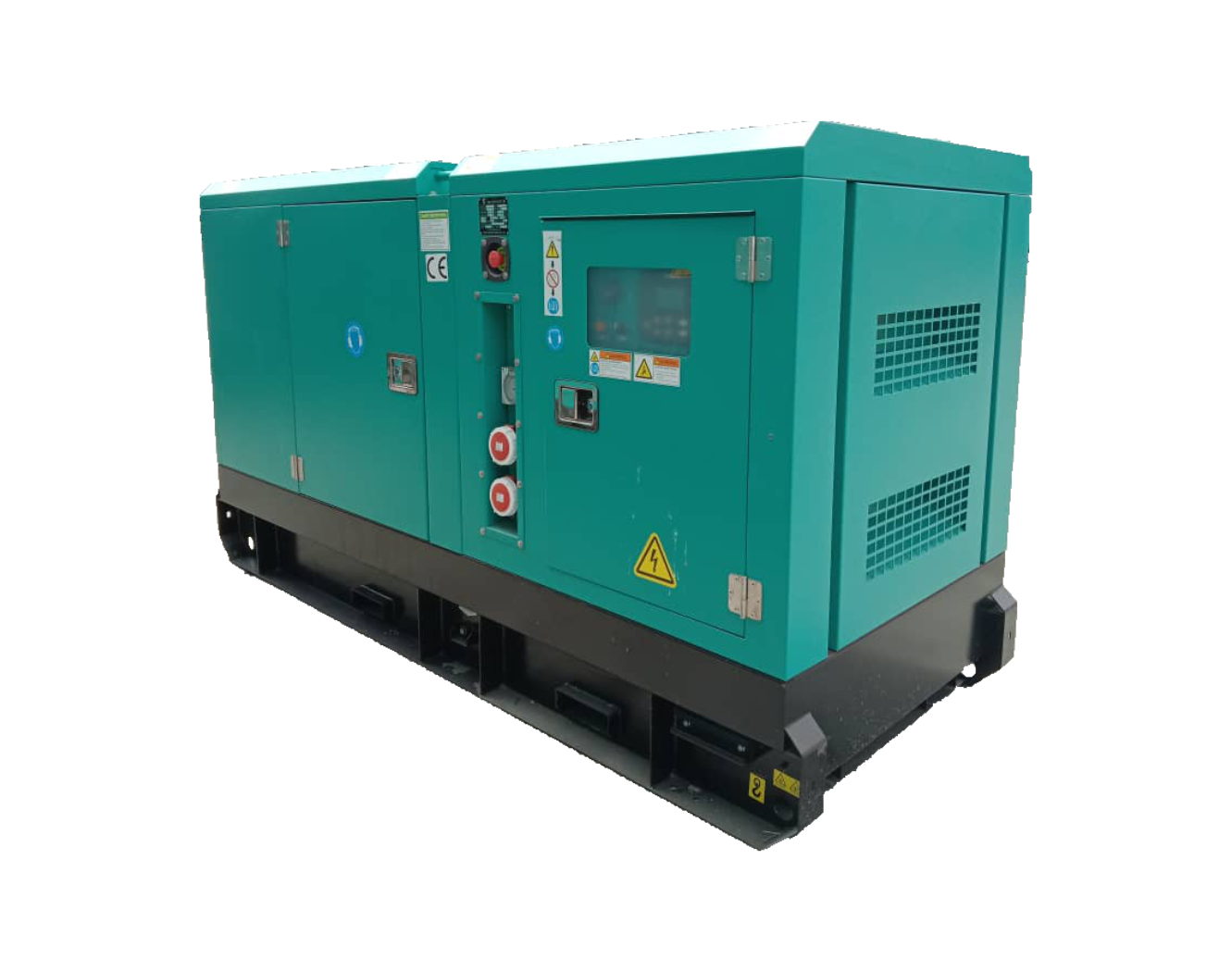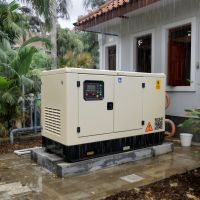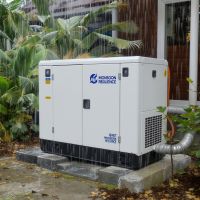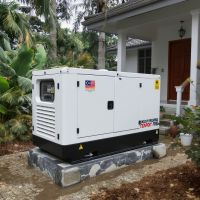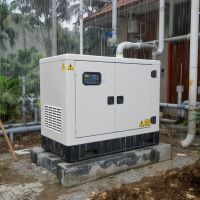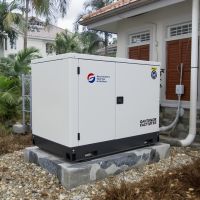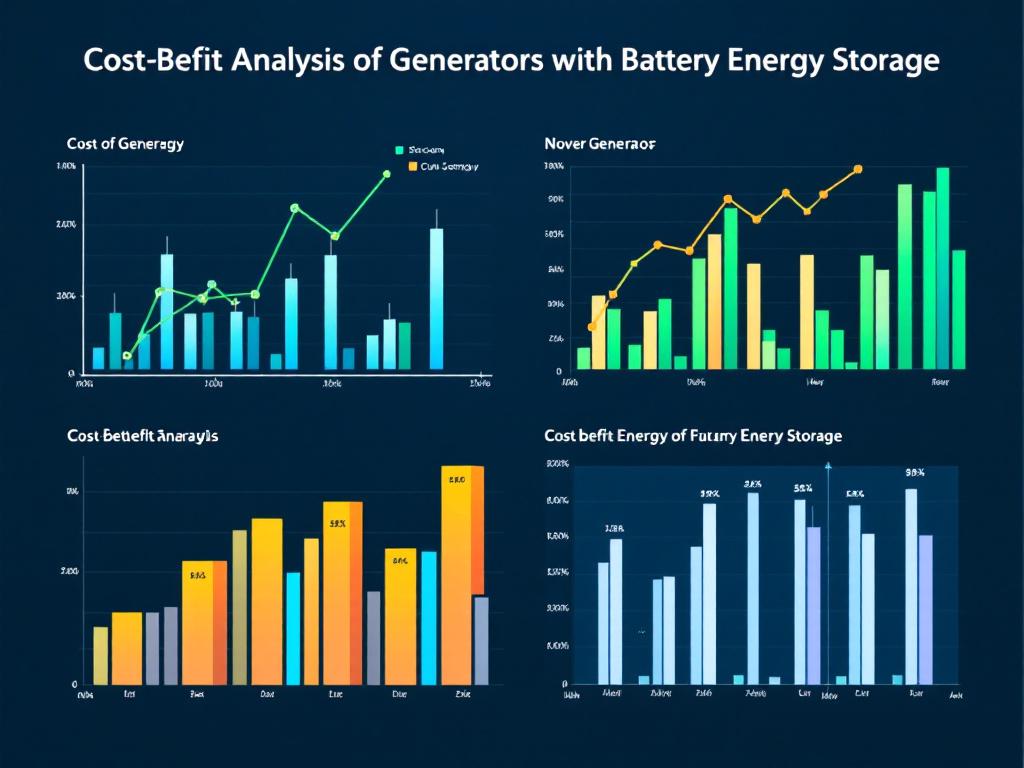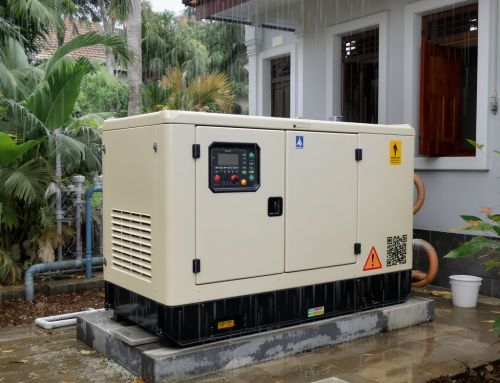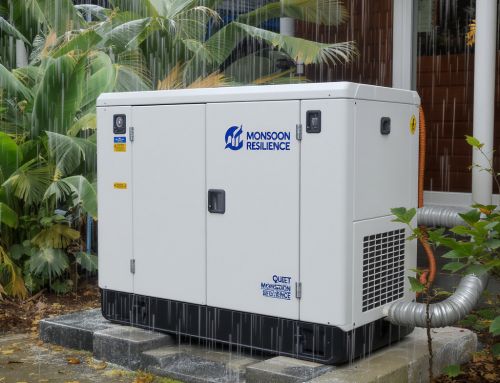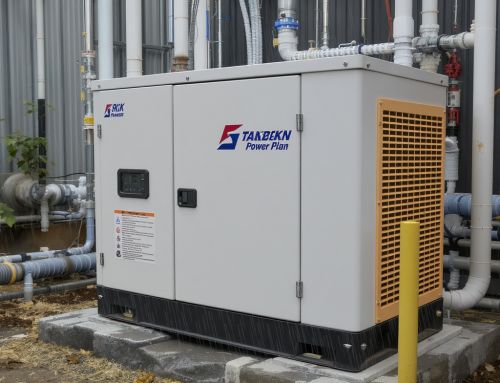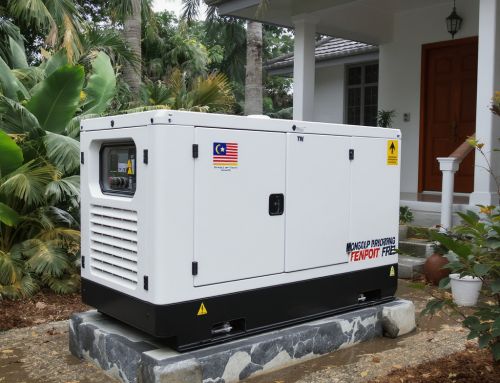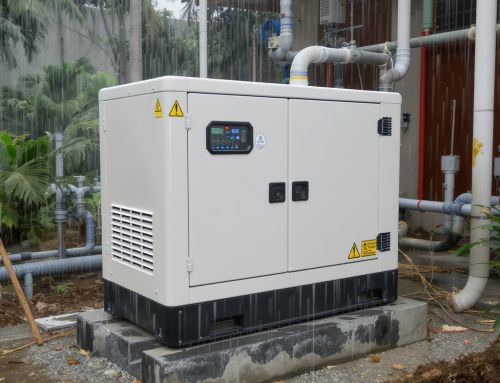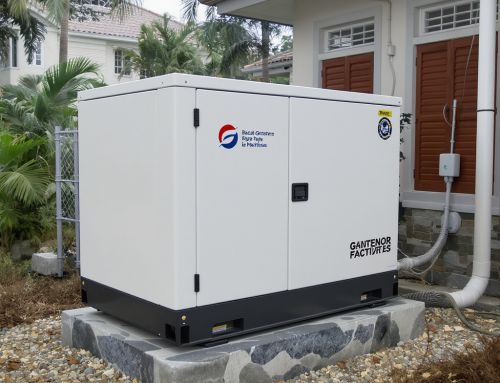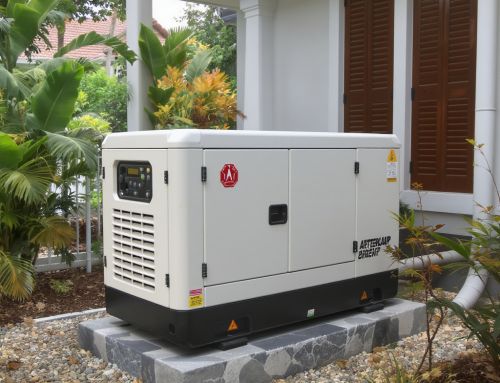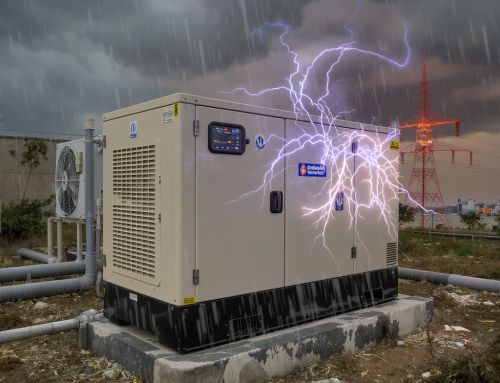Cost-Benefit Analysis of Integrating Generators with Battery Energy Storage Systems
As the need for reliable and resilient energy sources becomes more pressing, the integration of power generators with battery energy storage systems has emerged as a promising solution. The evolution in energy solutions not only promises reliability but also introduces the potential for greater economic efficiency and environmental sustainability. This article presents a cost-benefit analysis of this modern approach to energy generation and storage.
Understanding the Basics
Traditional power generation typically relies on fossil fuels, using diesel or gasoline-powered generators. Although these have been efficient and reliable, they come with a significant environmental cost. On the other hand, battery energy storage systems (BESS) store energy for use when demand peaks, providing stability and flexibility in energy management.
Integrating these systems involves coupling generators with batteries to store excess energy produced during low demand. This stored energy can then be utilized during peak demand periods, reducing reliance on the grid and fossil fuels. This combination enhances reliability and can significantly cut down operational costs over time.
Economic Considerations
The initial investment in integrating battery storage with generators can be substantial. Costs can be attributed to new technology, installation, and infrastructure changes. However, the operational savings and potential government incentives or subsidies for adopting cleaner energy solutions can offset these initial expenses.
The long-term financial benefits include reduced fuel consumption, decreased maintenance costs due to less wear and tear on generators, and the ability to sell excess energy back to the grid. Furthermore, by using stored battery power during peak demand times, facilities can avoid higher tariff rates, leading to significant cost savings.
Environmental Benefits
One of the primary advantages of integrating battery storage with power generators is the environmental impact. By optimizing the use of renewable energy sources and minimizing generator run times, emissions can be drastically reduced. This not only enhances a company’s corporate social responsibility profile but also complies with increasingly stringent environmental regulations.
Comparative Analysis
In a comparative analysis between traditional diesel generators and modern systems integrated with battery storage, the latter shows clear advantages in sustainability and operational efficiency.
The graph above illustrates how a balanced energy storage system can reduce reliance on non-renewable energy sources, effectively lower operational costs, and reduce carbon footprints.
Conclusion
In conclusion, the integration of generators with battery energy storage systems presents a forward-thinking approach to sustainable energy solutions. As technology continues to advance, such systems will become more accessible and economically feasible for a wide range of applications.
If you are interested in learning more about innovative power systems or require assistance with integration, feel free to contact us. For more options, do visit our online shop. You can also call us at +60129689816 or email us at genset@genset.com.my.

